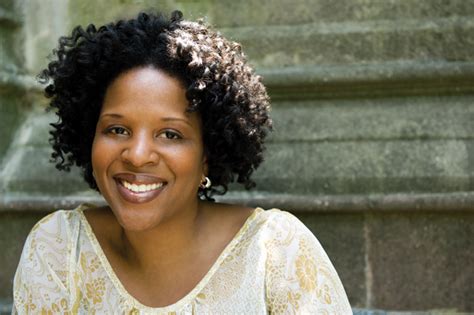An American Marriage is a book about the unexpected devastation of a family. Celestial is a young newlywed dreaming of life with her husband, Roy. That future is ripped away from them unexpectedly when Roy, a young black man, is wrongfully accused and convicted of rape.
 With less than two years of marriage under their belt, Celestial and Roy struggle to navigate a world they never wanted to know. Roy does things he never thought he’d have to do in the name of survival. When his wife reads about his desire for fresh fruit while in jail, it is almost painful. Celestial struggles to balance the husband she loves with the reality that they don’t have much history together. Bound to each other yet each in a form of solitary confinement. What is a marriage in which you cannot touch the other person? Before long, they’ve been separated for longer than they have been together. She does her best to love Roy while becoming her own person, but in that evolution, the emotional contortions each faces also grow.
With less than two years of marriage under their belt, Celestial and Roy struggle to navigate a world they never wanted to know. Roy does things he never thought he’d have to do in the name of survival. When his wife reads about his desire for fresh fruit while in jail, it is almost painful. Celestial struggles to balance the husband she loves with the reality that they don’t have much history together. Bound to each other yet each in a form of solitary confinement. What is a marriage in which you cannot touch the other person? Before long, they’ve been separated for longer than they have been together. She does her best to love Roy while becoming her own person, but in that evolution, the emotional contortions each faces also grow.
One of the book’s strong suit is its use of multiple points of view. We hear from Roy, Celestial, and Celestial’s childhood best friend, Andre, who becomes a confidant while Roy is imprisoned. We read letters between Roy and Celestial, and between Roy and Celestial’s father. These letters chronicle the couple’s challenges as they learn more about each other, and often it’s things they never wanted to know. The author’s choice to use several voices and approaches gives the reader more freedom than any of the character ever have.
The author, Tayari Jones told The New York Times that she wrote the novel a handful of times; first from Celestial’s point of view, and then Roy’s, before deciding that it needed multiple voices. It’s a good reminder for any writer that the first draft is never the one that you end up with.
An American Marriage tackles themes of race, mass incarceration, and wrongful conviction. It seems like a painful truth that this would not have happened to Roy if he were a white man. In a letter to Roy, Celestial writes that there can be no denying that the woman who was raped was telling the truth, just that it was not Roy who did it. “Now she’s gone back to Chicago or whatever,” she writes, “wishing she never stopped in Eloe, Louisiana, and she isn’t the only one.” This novel is as much about Celestial’s imprisonment as it is Roy’s, and Jones does a wonderful, haunting job of conveying both.




Social